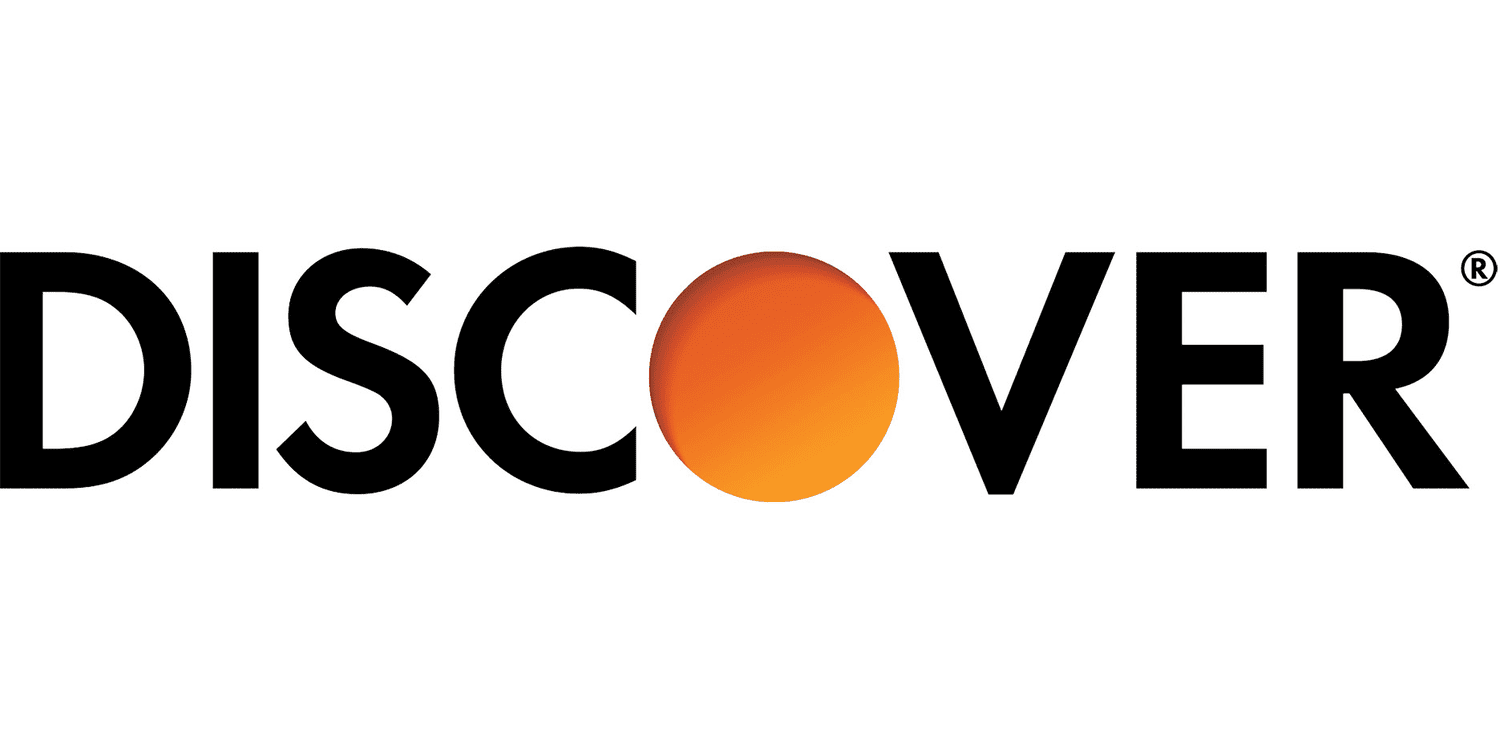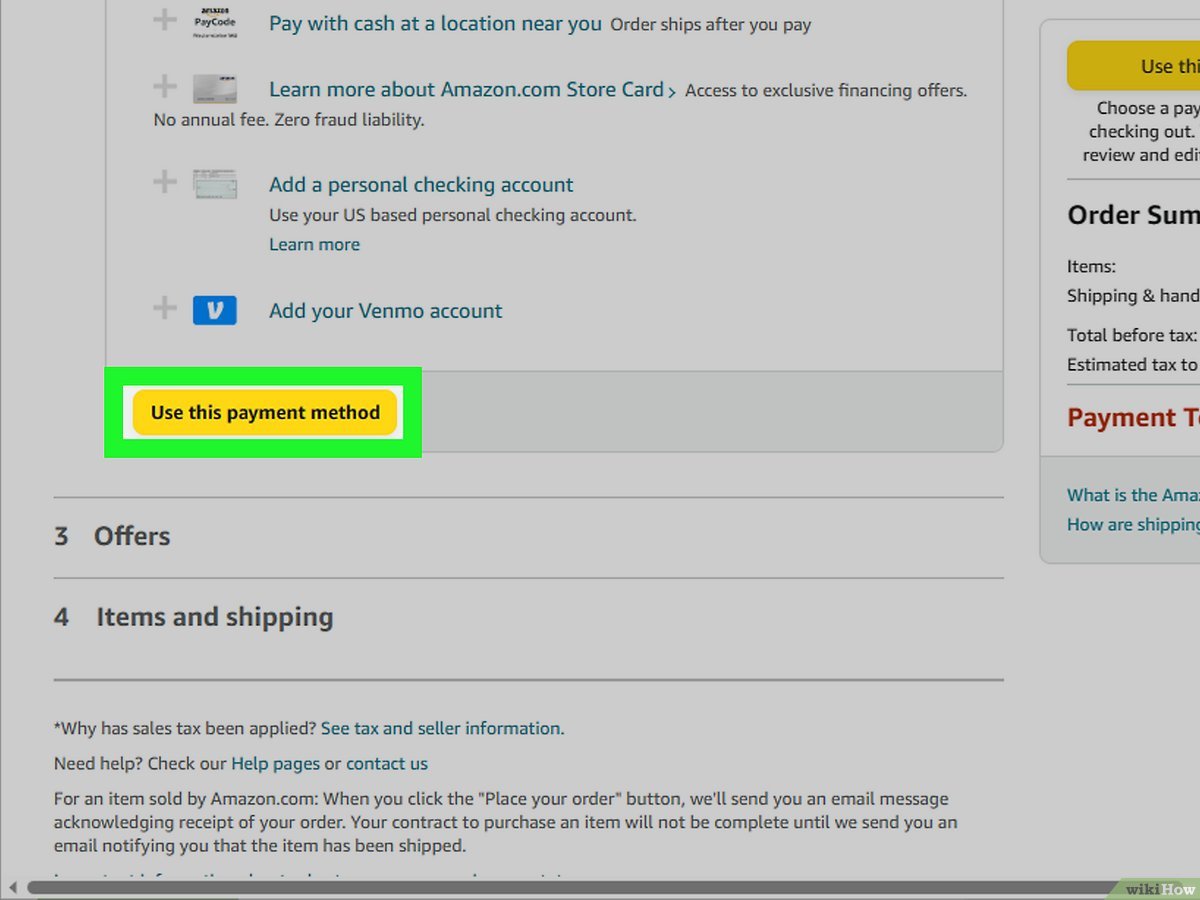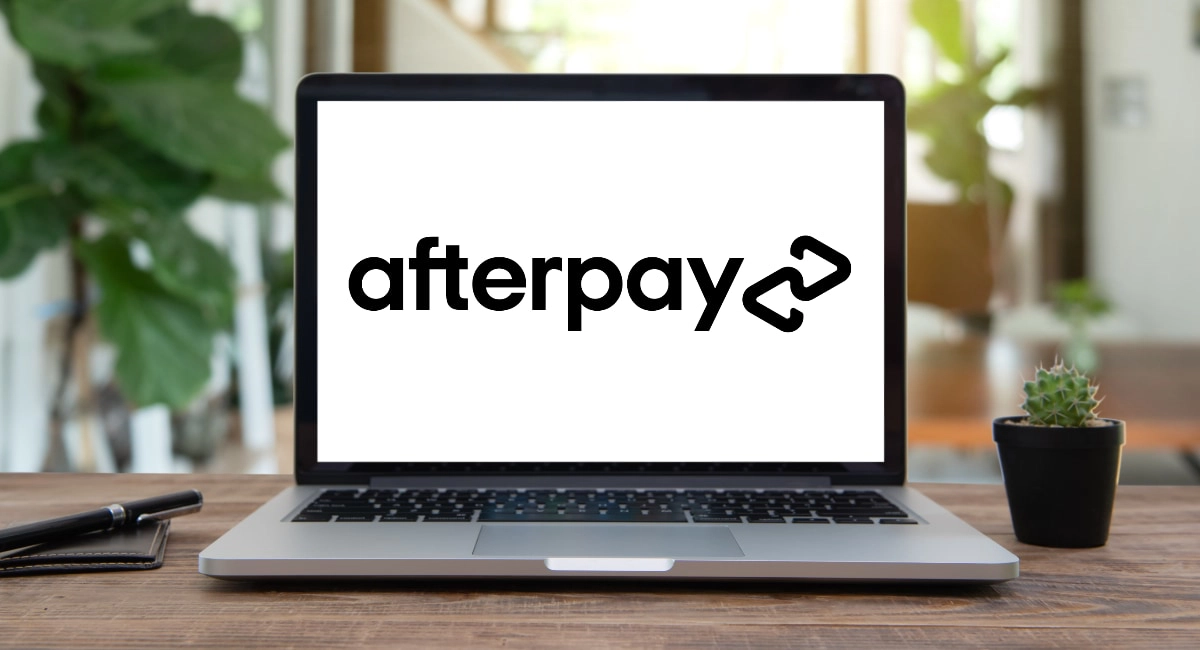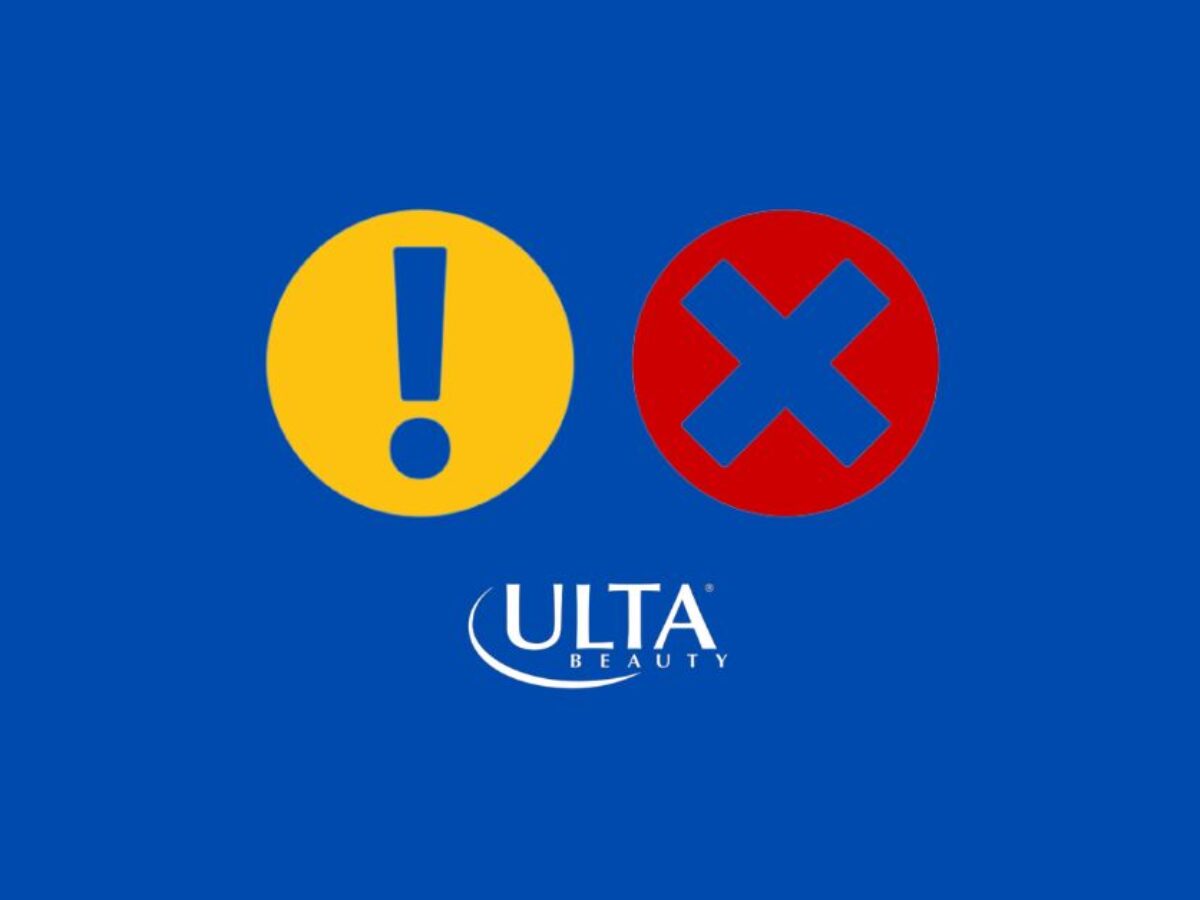Introduction
Welcome to our article on why Afterpay doesn’t accept Discover Card. In the world of online shopping and digital payments, Afterpay has become a popular choice for consumers looking to make purchases now and pay later. However, if you’re a Discover Cardholder, you may have noticed that Afterpay does not accept this particular credit card. In this article, we will delve into the reasons why Afterpay has made this decision and explore some alternative payment options available for Discover Cardholders.
Before we dive into the specifics, let’s take a brief look at Discover Card and Afterpay. Discover Card, launched in 1985, is one of the major credit card brands in the United States. It offers a range of credit cards with different benefits and rewards for cardholders. On the other hand, Afterpay is a digital platform that allows shoppers to split their purchases into four interest-free installments, making it easier to manage expenses and budget.
Now, you might be wondering why Afterpay, which accepts various credit card brands, does not support Discover Card. The relationship between Afterpay and credit card companies is complex and involves multiple factors such as agreements, merchant fees, and user experience. In the next section, we’ll explore the intricacies of this relationship and shed light on the reasons behind Afterpay’s decision to exclude Discover Card.
Discover Card: An Overview
Discover Card, introduced by Discover Financial Services, is a prominent credit card brand in the United States. Since its launch in 1985, Discover Card has gained popularity among consumers for its reliable customer service, competitive interest rates, and various rewards programs. It is accepted by millions of merchants nationwide and offers a range of credit card options to cater to different needs and preferences.
One of the standout features of Discover Card is its cashback rewards program. Cardholders can earn cashback on their purchases, which can be redeemed for statement credits, direct deposits, or even gift cards. Discover Card also provides additional benefits such as no annual fees, zero-liability fraud protection, and access to their FICO credit scores, giving users more control over their financial well-being.
Furthermore, Discover Card is known for its commitment to customer satisfaction. The company offers 24/7 customer service, allowing cardholders to get assistance at any time of the day. They also provide tools and resources to help users manage their finances effectively, including budgeting features and spending alerts.
As a credit card brand, Discover Card has grown its customer base and established a strong presence in the market. This is due to their innovative offerings, competitive rewards, and user-friendly features. Discover Cardholders enjoy the convenience and security of using their credit cards for online and in-person transactions.
However, despite its popularity and widespread acceptance, Discover Card does face certain limitations in terms of acceptance by all merchants. While most retailers and e-commerce platforms across the country accept Discover Card, there are some exceptions, including certain online payment platforms like Afterpay.
In the following section, we will explore the relationship between Afterpay and credit card companies to better understand why Afterpay does not accept Discover Card as a payment option.
Afterpay: An Overview
Afterpay has revolutionized the way consumers shop by offering a convenient and flexible payment option. Founded in Australia in 2015, Afterpay has quickly expanded its reach to countries around the world, including the United States, the United Kingdom, and Canada. The platform allows users to split their purchase amounts into four interest-free installments, with payments made every two weeks.
With Afterpay, consumers can make their purchases immediately and enjoy the products or services right away, while spreading out the cost over time. This feature has made Afterpay particularly popular among young shoppers and those looking for budgeting flexibility. The ease of use is another attractive aspect, as users can quickly create an account, link their debit or credit card, and start using Afterpay at participating online and in-store retailers.
Afterpay operates on a “buy now, pay later” philosophy, which means that consumers do not have to pay the full amount upfront or incur any interest charges as long as they make their payments on time. This has made it a preferred choice for those who want to avoid traditional credit card debt or who may not have access to credit cards.
Additionally, Afterpay offers a seamless and user-friendly experience. With its mobile app and website, users can easily browse through various retailers, search for specific products, and view available deals and discounts. Afterpay also provides personalized recommendations based on users’ shopping preferences, making it an enticing platform for both consumers and retailers.
From a merchant’s perspective, Afterpay presents an opportunity to attract more customers and increase sales. By integrating Afterpay as a payment option, businesses can tap into a broader customer base and provide a convenient and flexible buying experience. This can lead to higher conversion rates and customer loyalty, as Afterpay users tend to be more inclined to complete their purchases and return for future transactions.
With its rapid growth and expanding network of participating merchants, Afterpay has become a prominent player in the digital payment space. However, it is essential to understand the relationship between Afterpay and credit card companies to comprehend why certain credit card brands, like Discover Card, are not accepted on the platform. Let’s explore this relationship in the next section.
The Relationship Between Afterpay and Credit Card Companies
The relationship between Afterpay and credit card companies is a critical aspect to consider when understanding why certain credit card brands are not accepted on the Afterpay platform. While Afterpay is often seen as an alternative payment option to credit cards, it does have connections and interactions with credit card companies.
Afterpay functions by allowing users to link their debit or credit card to their Afterpay account. When a purchase is made, Afterpay automatically charges the linked card for the first installment and subsequently charges the remaining installments every two weeks until the full amount is paid off. This is where the relationship between Afterpay and credit card companies comes into play.
Afterpay relies on partnerships and agreements with various credit card companies to facilitate the payment process. These partnerships help ensure a smooth transaction flow and effective fund transfers between customers, Afterpay, and the credit card companies. By collaborating with credit card companies, Afterpay can leverage their existing payment infrastructure and networks to provide a seamless payment experience for users.
However, the specific credit card brands that Afterpay collaborates with may vary. This is influenced by various factors, including agreements, merchant fees, and user experience considerations. While Afterpay initially began by partnering with major credit card companies, such as Visa and Mastercard, to expand its acceptance, these partnerships may not extend to all credit card brands.
This is where certain credit card brands like Discover Card may not be accepted on Afterpay. The decision to support specific credit card brands depends on various factors, including the card brand’s policies, requirements, and technical compatibility with the Afterpay platform. It is important to note that this decision does not reflect any bias against Discover Card but rather the result of mutually agreed terms and conditions between Afterpay and participating credit card companies.
Additionally, merchant fees also play a role in determining which credit card brands are accepted on Afterpay. Credit card companies charge merchants fees for each transaction processed through their cards. These fees may vary across different credit card brands. As a result, Afterpay and participating merchants must consider the financial implications of accepting certain credit card brands, including Discover Card, based on the associated fees.
Overall, the relationship between Afterpay and credit card companies is a crucial aspect of the payment process on the Afterpay platform. While Afterpay collaborates with various credit card brands to provide a smooth and convenient payment experience, the acceptance of specific credit card brands, such as Discover Card, depends on factors such as partnerships, agreements, merchant fees, and technical compatibility. In the next section, we will explore the reasons behind Afterpay’s decision not to accept Discover Card and discuss alternative payment options for Discover Cardholders on the Afterpay platform.
Why Afterpay Doesn’t Accept Discover Card
One of the questions that Discover Cardholders may have is why Afterpay does not accept their credit card as a payment option. The decision not to support Discover Card on the Afterpay platform can be attributed to several factors.
Firstly, it is important to understand that the decision to accept or exclude specific credit card brands lies primarily with Afterpay and the credit card companies involved. While Afterpay aims to provide a wide range of payment options to its users, it relies on partnerships and agreements with credit card companies to enable seamless transactions. As a result, Afterpay may prioritize collaborations with credit card brands that align with its strategic objectives, user demographics, and market reach.
Secondly, merchant fees can play a significant role in the decision to accept or exclude certain credit card brands. Credit card companies charge merchants fees for each transaction processed with their cards. These fees can vary across different credit card brands, and accepting all brands may not be financially viable for Afterpay or its participating retailers. Therefore, Afterpay and its partner merchants may strategically select credit card brands that offer competitive merchant fees, which may not always include Discover Card.
Additionally, technical compatibility can also influence Afterpay’s decision not to accept Discover Card. Each credit card company may have its own technological requirements and integration processes, which may not seamlessly align with Afterpay’s payment infrastructure. Ensuring a smooth and secure payment experience for users is a top priority for Afterpay, and if integrating Discover Card presents technical challenges or inconsistencies, it may result in the card not being accepted on the platform.
It is important to note that the decision not to accept Discover Card on Afterpay does not imply any shortcomings or limitations of the card itself. Discover Card is a reputable and widely accepted credit card brand. However, when it comes to partnering with specific credit card companies, Afterpay needs to carefully consider various factors, including agreements, merchant fees, and technical compatibility, to ensure the smooth functioning of its platform.
While Discover Card may not be directly accepted on Afterpay, that does not mean Discover Cardholders are completely excluded from using Afterpay. Discover Cardholders can still utilize Afterpay by linking their Discover Card to a compatible debit card and using it as the primary payment method on Afterpay. By doing so, Discover Cardholders can still take advantage of the convenience and flexibility that Afterpay offers, even if Discover Card itself is not directly accepted.
In the next section, we will explore alternative payment options available for Discover Cardholders on the Afterpay platform.
Alternatives to Discover Card on Afterpay
While Discover Card may not be directly accepted on the Afterpay platform, there are several alternative payment options available for Discover Cardholders who wish to use Afterpay for their purchases. By exploring these alternatives, Discover Cardholders can still take advantage of the convenience and flexibility offered by Afterpay.
1. Visa and Mastercard: Afterpay accepts both Visa and Mastercard credit cards. If you have a Visa or Mastercard associated with your Discover Card account, you can link that card to your Afterpay account and use it as the primary payment method for your Afterpay purchases. This way, you can still enjoy the benefits of Afterpay while leveraging your Discover Card’s rewards and features.
2. Debit Cards: Afterpay also accepts debit cards linked to the major card networks, including Visa and Mastercard. If you have a Discover Debit Card, you can link it to your Afterpay account and use it to make purchases. While the funds will be deducted from your bank account directly, you can still enjoy the flexibility of splitting your payments into four interest-free installments.
3. Prepaid Cards: Another option for Discover Cardholders is to use prepaid cards that are accepted on the Afterpay platform. Prepaid cards issued by Visa, Mastercard, and other major card networks can be linked to your Afterpay account to facilitate payments. These prepaid cards can provide a convenient way to manage your spending while utilizing Afterpay for your purchases.
4. Mobile Wallets: Afterpay also supports mobile wallets, such as Apple Pay and Google Pay. If your Discover Card is added to your mobile wallet, you can use it for Afterpay transactions. Simply select your mobile wallet as the payment method during the Afterpay checkout process, and authenticate the payment using your device’s biometric features or passcode.
By leveraging these alternative payment options, Discover Cardholders can still enjoy the benefits of Afterpay while using their Discover Card indirectly. It allows you to manage your budget effectively, make purchases on a schedule that suits your needs, and avoid incurring interest charges.
While it’s unfortunate that Discover Card is not directly accepted on Afterpay, these alternatives provide Discover Cardholders with a practical solution to continue using Afterpay for their shopping needs. It’s important to keep in mind that Afterpay’s acceptance of specific payment methods is subject to change, so it’s always a good idea to check the Afterpay website or contact customer support for the most up-to-date information on accepted payment options.
In the next section, we will wrap up the article and summarize the key points discussed.
Conclusion
In conclusion, Afterpay’s decision not to accept Discover Card as a payment option on their platform is influenced by several factors, including partnerships, merchant fees, and technical compatibility. While Discover Card is a reputable credit card brand, the specific agreements and considerations between Afterpay and credit card companies determine which brands are accepted.
Discover Cardholders can still make use of Afterpay by utilizing alternative payment options. By linking a compatible Visa or Mastercard associated with their Discover Card account, Discover Cardholders can make purchases on Afterpay. Additionally, they can use Discover Debit Cards or prepaid cards linked to major card networks as payment options. Mobile wallets like Apple Pay and Google Pay also offer an indirect means for Discover Cardholders to use Afterpay for their transactions.
It’s important to note that Afterpay’s acceptance of payment methods is subject to change, so it’s recommended to refer to the Afterpay website or contact customer support for the most up-to-date information on accepted payment options.
While Discover Card may not be directly accepted on Afterpay, the availability of alternative payment options ensures that Discover Cardholders can still experience the convenience, flexibility, and budget management benefits of Afterpay.
As the world of online shopping and digital payments continues to evolve, it’s essential for credit card companies and digital platforms like Afterpay to navigate their relationships in order to provide the best experience for consumers. By understanding the factors behind Afterpay’s decision and exploring alternative payment options, Discover Cardholders can continue using Afterpay and enjoy the perks of both their Discover Card and the Afterpay service.

























